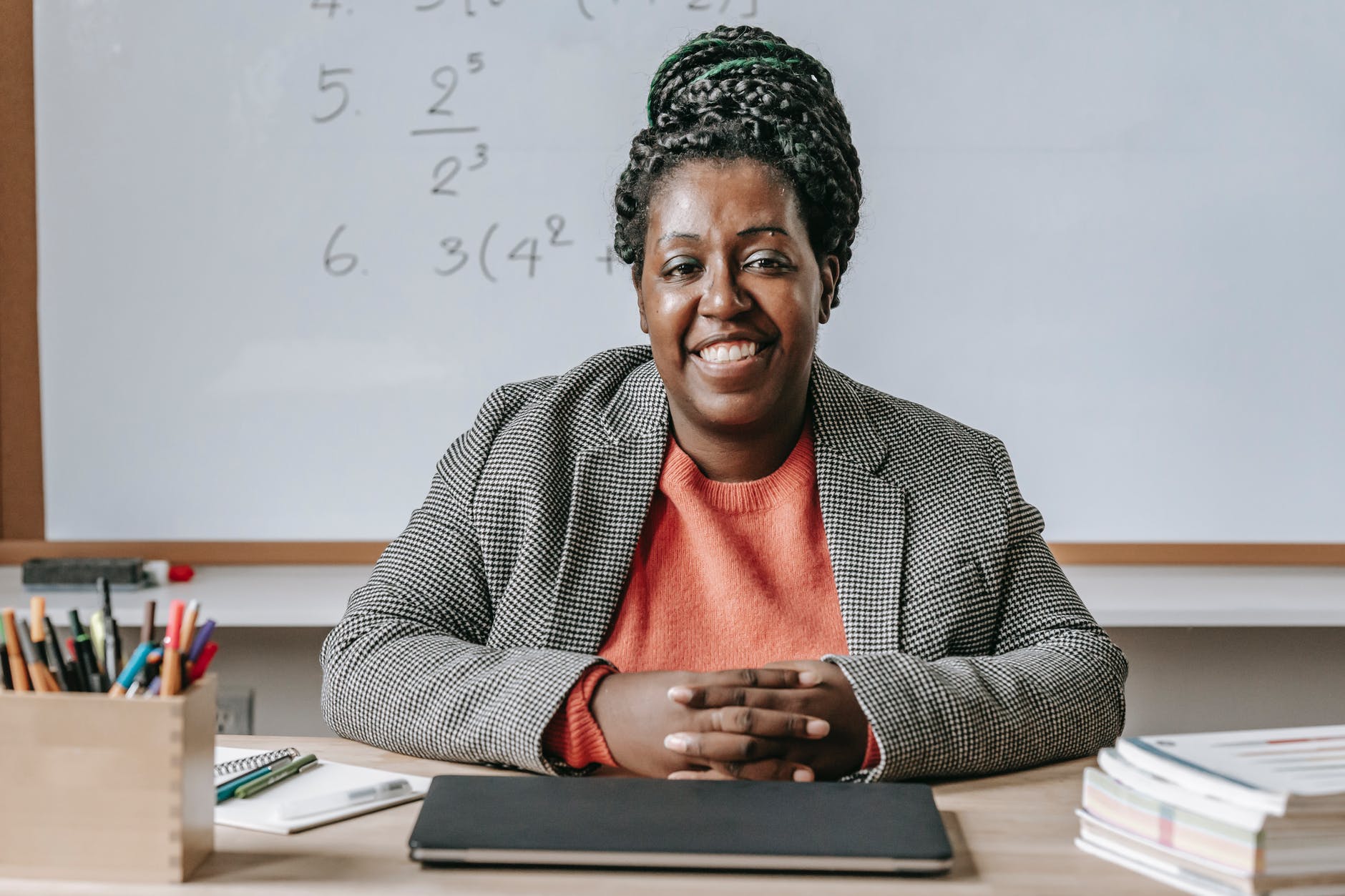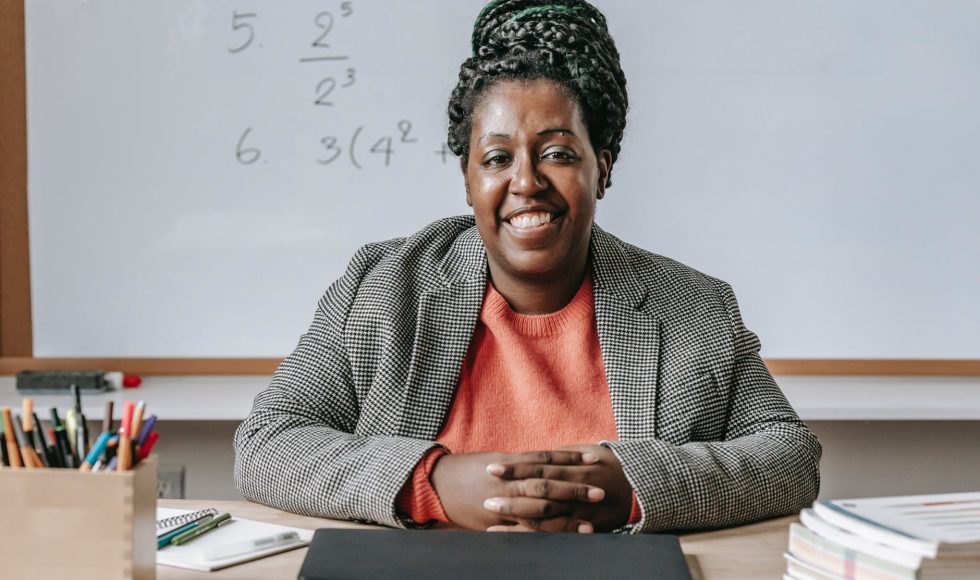In a presentation entitled “Black women and belongingness: An interrogation of STEM education as a white, patriarchal space.” Drs. Luis Leyva and Nicole Joseph from Vanderbilt University presented work on the experiences of Black women in STEM. First Dr. Joseph discussed the gaps in representation for Black women in STEM and particularly in mathematics. Leyva then introduced the notion of “STEM Education as a White, Patriarchal Space” with a graphic of a triangle with idealogical, institutional and relational forces affecting the experience. For ideological forces, Leyva mentioned racial-gendered ideologies including meritocracy that promote inequities for people of color and women. For institutional forces, racial and gendered exclusion to support and courses were noted. For relational, the emotional and cognitive labor were mentioned. Leyva discussed the COURAGE NSF-funded project to dissect perceptions of calculus instruction from 20 historically marginalized students at a large historically white and public research university. The findings were to appear in the journal Cognition & Instruction with Leyva as a first author. Interestingly, students frequently reported “activating exclusionary ideas of who belongs in STEM” and exclusionary ideas of belonging. Mathematics was seen as a “gatekeeper” as Leyva mentioned that “mathematical ability is often equated with STEM potential.” Leyva described how the speed for answering mathematical questions was often used to gauge aptitude and potential! Another idea or thread from the research that Leyva described was the distribution of mathematical authority. For example, a participant reported that “math is supposed to be a White, Asian, male type area” and how offers for suggestions are seen as challenges. Again, this thread highlights how these problems activate exclusionary ideals. Dr. Joseph then discussed the implications for STEM education practice by listing the following suggestions:
- Creating STEM affinity groups and spaces for Black women to process and think about racial-gendered oppression. Joseph called these “spaces were Black women just get to be.”
- Being consciousness of whiteness and patriarchy embedded in STEM instructional behaviors.
- Building within-group peer connections including study groups across course sections to promote solidarity and decrease feelings of isolation due to underrepresentation in STEM.
Joseph provided several references of studies supporting these three suggestions. Joseph closed with a slide of Black women in STEM and the title “Black Women DO Belong in STEM” that included current pioneers working to increase representation in mathematics. The question and answer part of the presentation had several questions about the history of mathematics as a “gatekeeping” series of courses and how to think about math “pathways” that are equitable. Leyva mentioned that several majors require mathematics and that there are gendered and racial exclusionary influences that affect equity. Joseph called on the charge to have more mathematics professors from marginalized backgrounds and work on removing ideologies that limit some because Black women are interested in this field! Leyva talked about a forthcoming article from the COURAGE project about the emotional labor that students are having to shoulder and to think about officer hours as an extension of our class to create connections. Leyva mentioned how critical study groups are and how instructors can work to create these connections, structures, and opportunities. Importantly, the work now shifts from the students to the institution. Joseph emphasized: “ask the students… they will tell you what they need” to support them and then you can show up as an ally once you ask “Is it helpful for me to come into this space?” Leyva mentioned he had to do the work to interrogate his behaviors and ideals. Leyva warned about being reductionist since even some marginalized people may still harbor exclusionary thoughts. Leyva and Joseph both mentioned collaborating and connecting to disrupt power structures and advance representation. Joseph mentioned “so long as you are in this space, you must be interrogating your whiteness” to continue on this journey of learning. I like how Joseph talked about co-conspirators since they don’t take a day off and are going to listen, support, and advance all. Leyva further mentioned that recognizing your position of power is important and speaking up is critical.

What can we learn that will help us support marginalized students and colleagues? Photo by Katerina Holmes on Pexels.com


